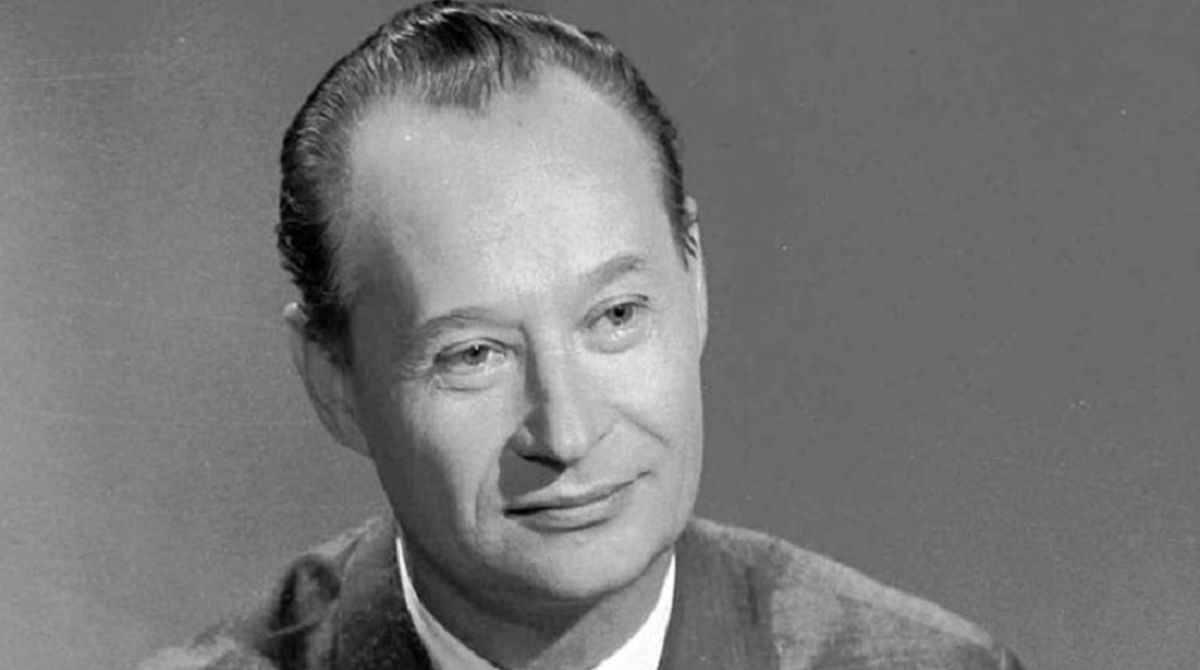Who Was Milan Kundera? “The Unbearable Lightness of Being” Author dies at 94
Discover the life and literary legacy of Milan Kundera, the acclaimed author of "The Unbearable Lightness of Being" and delve into his work.

When Soviet tanks rumbled into Czechoslovakia on 21 August 1968 with the military jackboot in tow, the Kremlin had scored a victory ~ is that the right word? ~ in the span of a week. The forces of liberalism, spearheaded by Alexander Dubcek , First Secretary, were crushed by the Soviet Union with brutal severity. The victory wasn’t enduring, however. Yes, Stalinism survived for another two decades till the Communist movement crumbled in Eastern Europe (1989-91) and subsequently in Castro’s Cuba.
The disintegration of the Soviet Union (August 1991) has been the cruellest irony in Communist history. Reduced to irrelevance was the intervention in Prague; the dismantling of the statues of Lenin and Stalin were events of pregnant symbolism. At another remove, the noble concept of “socialism with a human face” was crushed beneath the tanks in Prague’s Wenceslas Square. Never perhaps was the difference between a historical process and an event so stark; the Soviet triumph in Czechoslovakia has been relegated to the footnotes of history. On the 50th anniversary of the Prague Spring, it is pretty obvious that the aftermath in the years since the momentous event has been no less profound than the Kremlin’s victory and the suppression of Dubcek’s forces on the streets of Prague.
The visuals of the Prague Spring 1968 can ignite shock and awe even today. Yet over time, it becomes increasingly obvious that the Czechoslovak movement was aimed at ensuring elementary civilities and freedoms in the Socialist way of life and not the remote control of the Kremlin. Viewed through that prism, socialism with a human face is a proud boast 50 years after the defeat of Dubcek, who had thought ahead of his time.
Advertisement
His goalposts were a dire threat to the domination and continuance of the Soviet system. The Russian leaders saw in this idealism a menace to their own positions, which are maintained not by consent but by power. That trait of governance has not been wholly abjured if Ukraine and Crimea are today’s exemplars, not to forget the bombing from the skies in Syria.
In 1956, the Soviet intervention in Hungary had been driven by not dissimilar compulsions. Hungary at that time had renounced the Warsaw Pact and was on the way to a two-party system. Soviet forces had entered Budapest to put one-party rule in place. Now, in August 2018, the societal ambience is as chic in Moscow as it is in Prague and the other capitals of Eastern Europe though Vladimir Putin’s expansionist designs are at odds with the contemporary certitudes of society and societal mores. The Communist movement has never quite recovered since the Prague Spring. The rape of Czechoslovakia, which was intended to preserve the old order, only speeded up its disintegration. That succinctly is the parable of the Prague Spring 1968.
Advertisement